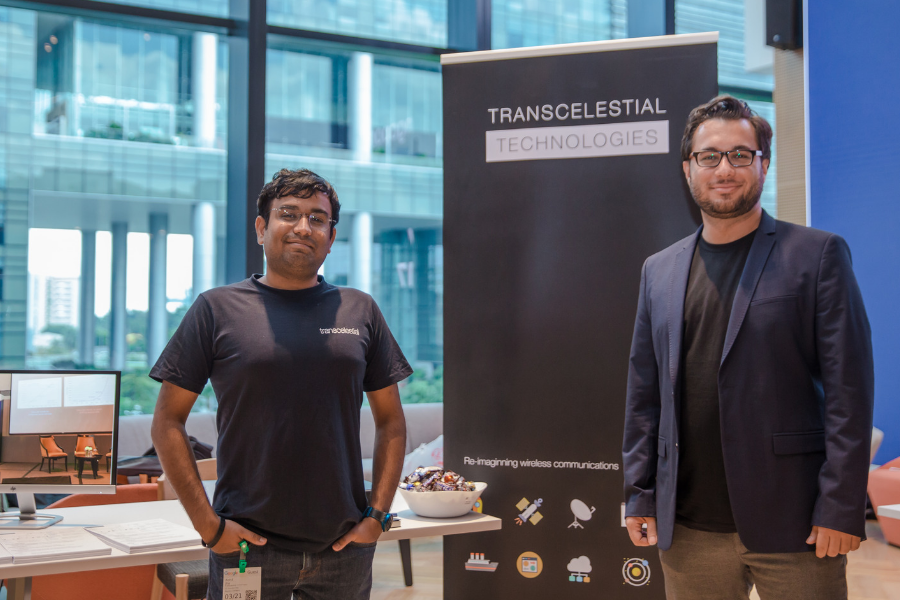Airtree Ventures has participated in a $2.5 million seed round for Singapore startup Transcelestial Technologies, joining investors including Wavemaker Partners, which led the round, and 500 Startups.
Founded by Rohit Jha and Dr Mohammad Danesh in 2016, Transcelestial is building a space laser network that will use wireless laser communication and nanosatellites to deliver high speed internet, anywhere around the world. Its lasers can be mounted on nanosatellites, or structures on the ground to create a network.
Jha explained Transcelestial’s model aims to overcome the issues associated with established models of connectivity to ensure global connectivity in the next few decades.
“The average cost of transcontinental high bandwidth undersea cables ranges from over hundreds of millions to billions of dollars in capital expenditure, and tens of million dollars in annual maintenance. Existing wireless technologies have reached high levels of spectrum congestion leading to a limit on how much connectivity they can support,” Jha said.
With the funding raised last December, the startup has been put towards growing its team, along with further research and development.
Transcelestial has run a joint project with South Korea’s SK Telecom and the Telecom Infra Project’s (TIP) Ecosystem Acceleration Center (TEAC) Initiative, with its wireless fibre optics technology used to upgrade the backbone internet connectivity of a public library near Seoul.
John Henderson, partner at AirTree Ventures, said the firm has known Jha and Dr Danesh for sometime, having met them before they founded Transcelestial.
“They are a visionary team with a complementary skillset to a problem that they understand intimately,” he said.
The interest in the business from partners including SK Telecom gave AirTree the confidence that the startup was “really onto something meaningful”.
The technology could also have legs in Australia, Henderson said.
“With its backbone challenges in rural territories, growing space agency, clear skies for satellite network testing and huge demand for connectivity – still not met by NBN and other telcos – Australia is a very strong market to bring on-board early,” he said.
“We believe laser transmission is the future of connectivity globally and in Australia and we are thrilled to be backing the team to build it.”
AirTree is the latest Australian VC to back a startup focused on connectivity.
Backed by Blackbird Ventures, Adelaide-founded Fleet Space Technologies is also looking to connect people: the startup aims to launch a network of more than 100 nanosatellites to create a global network enabling low-bandwidth connectivity for Internet of Things (IoT) devices.
The startup in July opened its mission control centre, which will operate 24 hours a day to track and receive data from nanosatellites. It is planning to launch two of its nanosatellites later this year.




















Trending
Daily startup news and insights, delivered to your inbox.